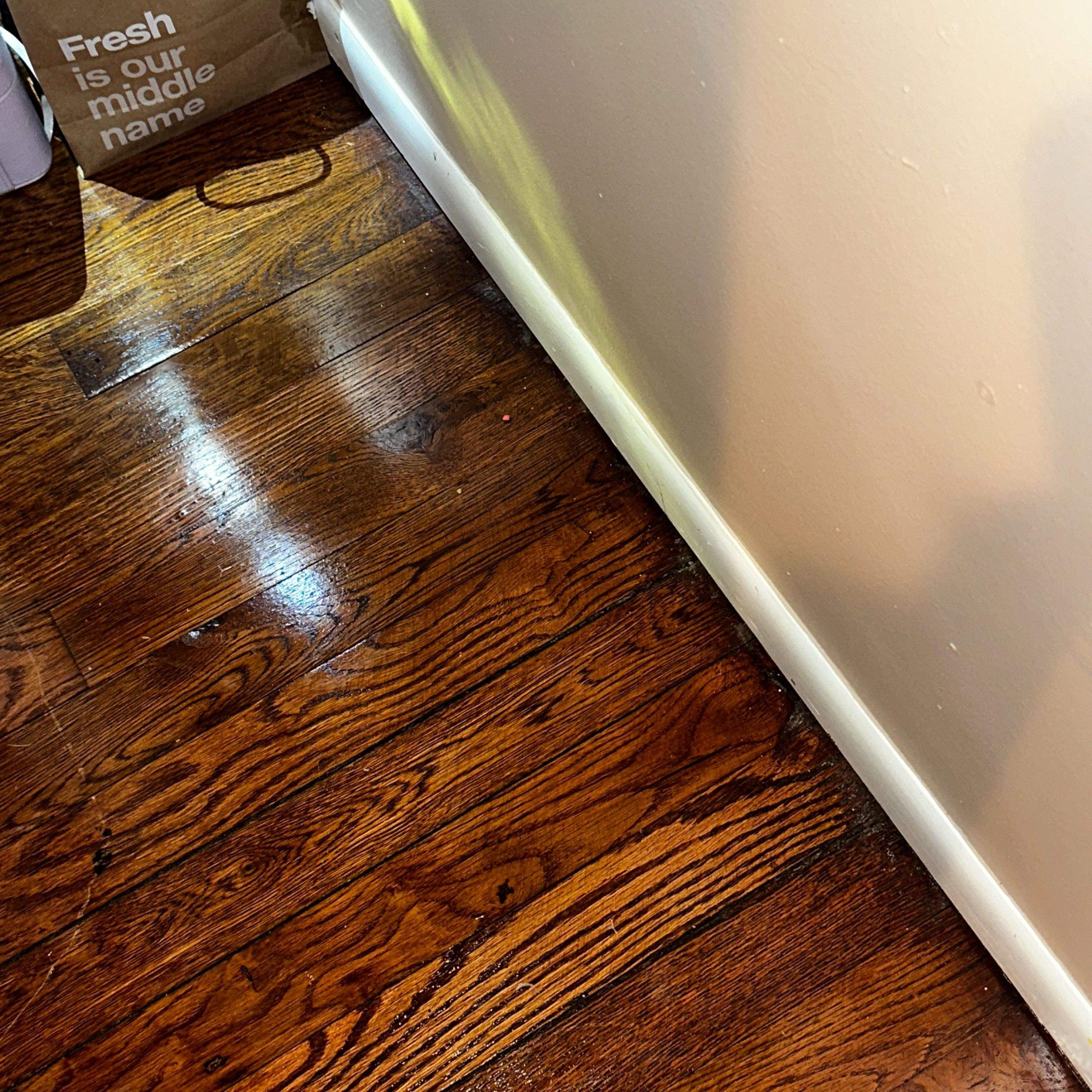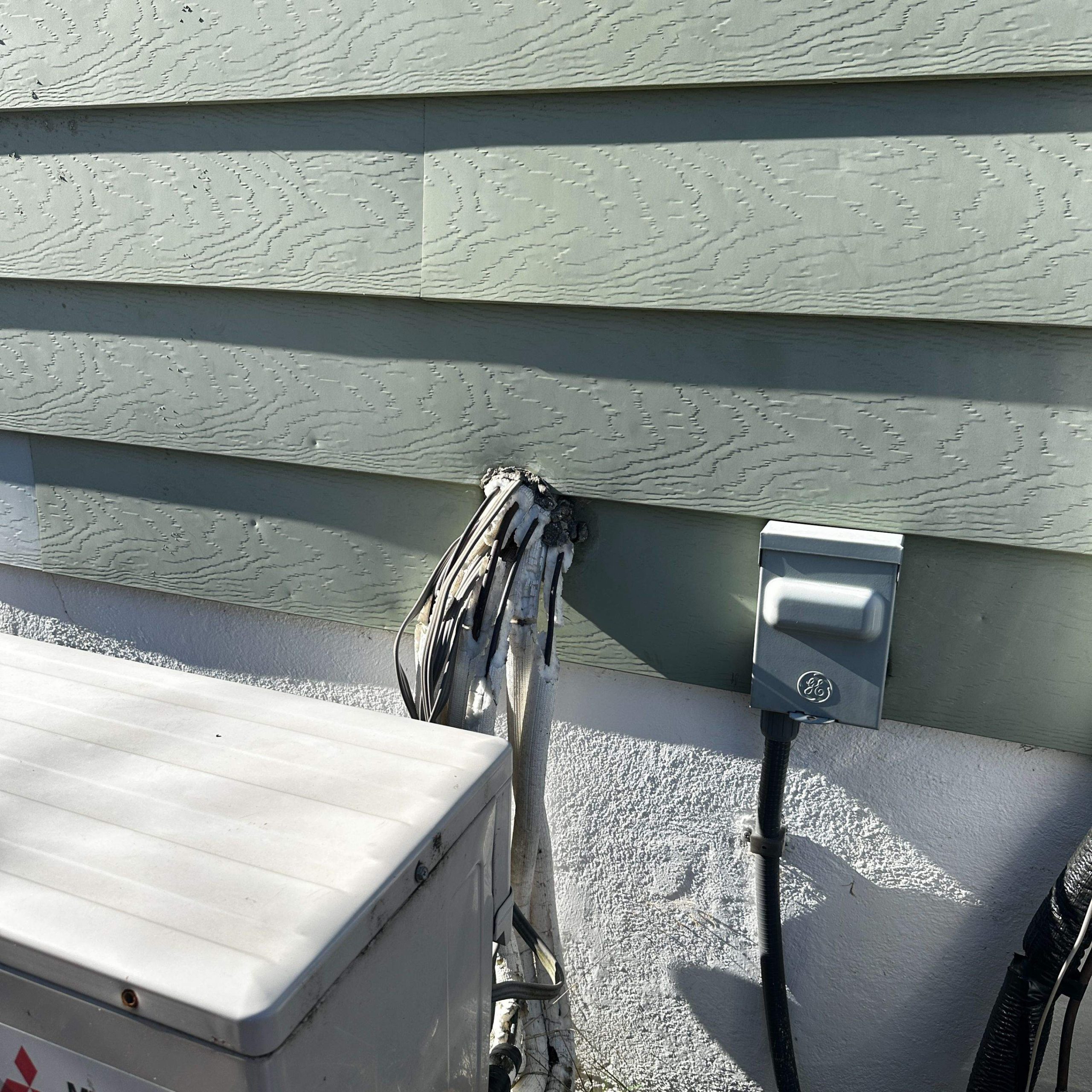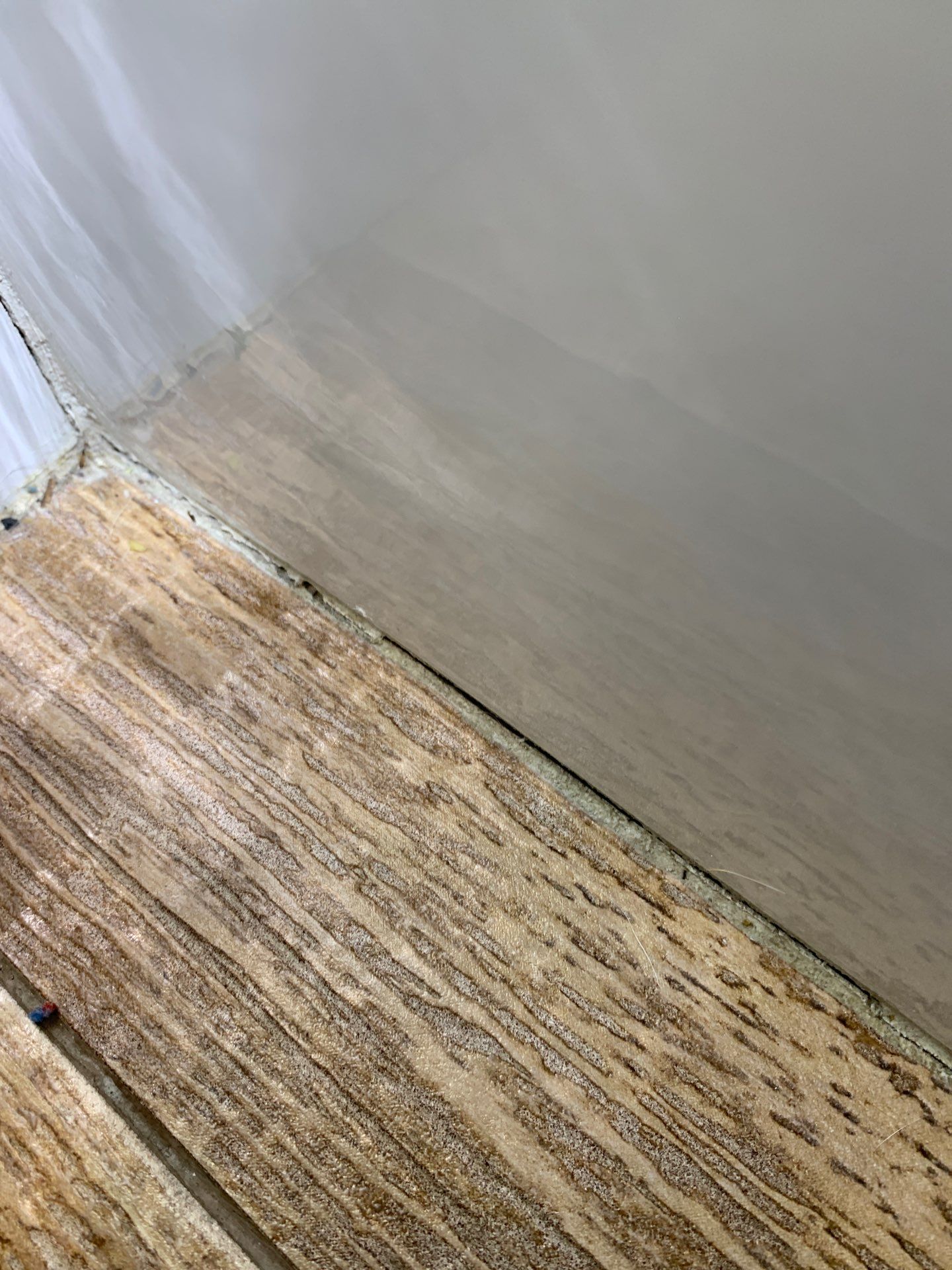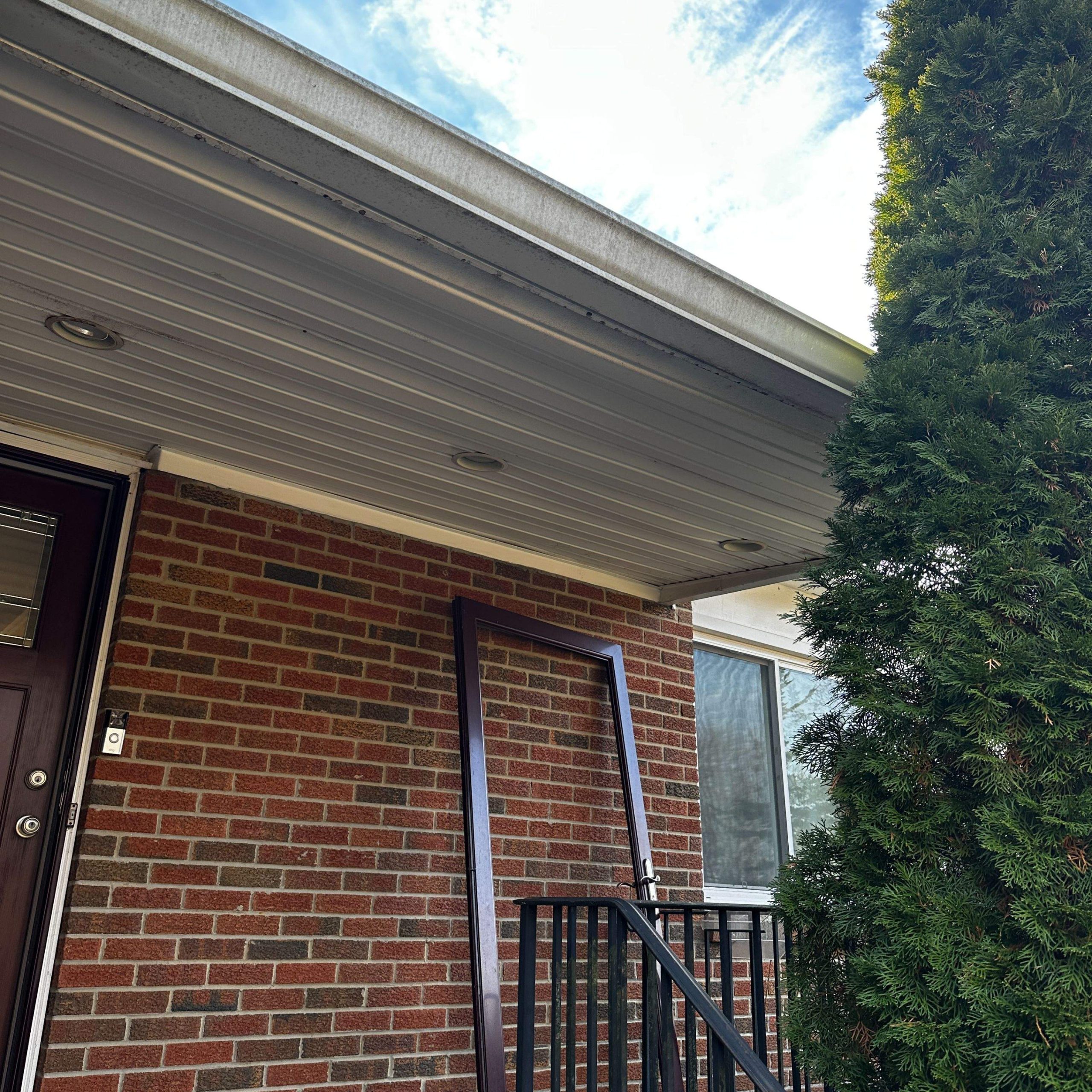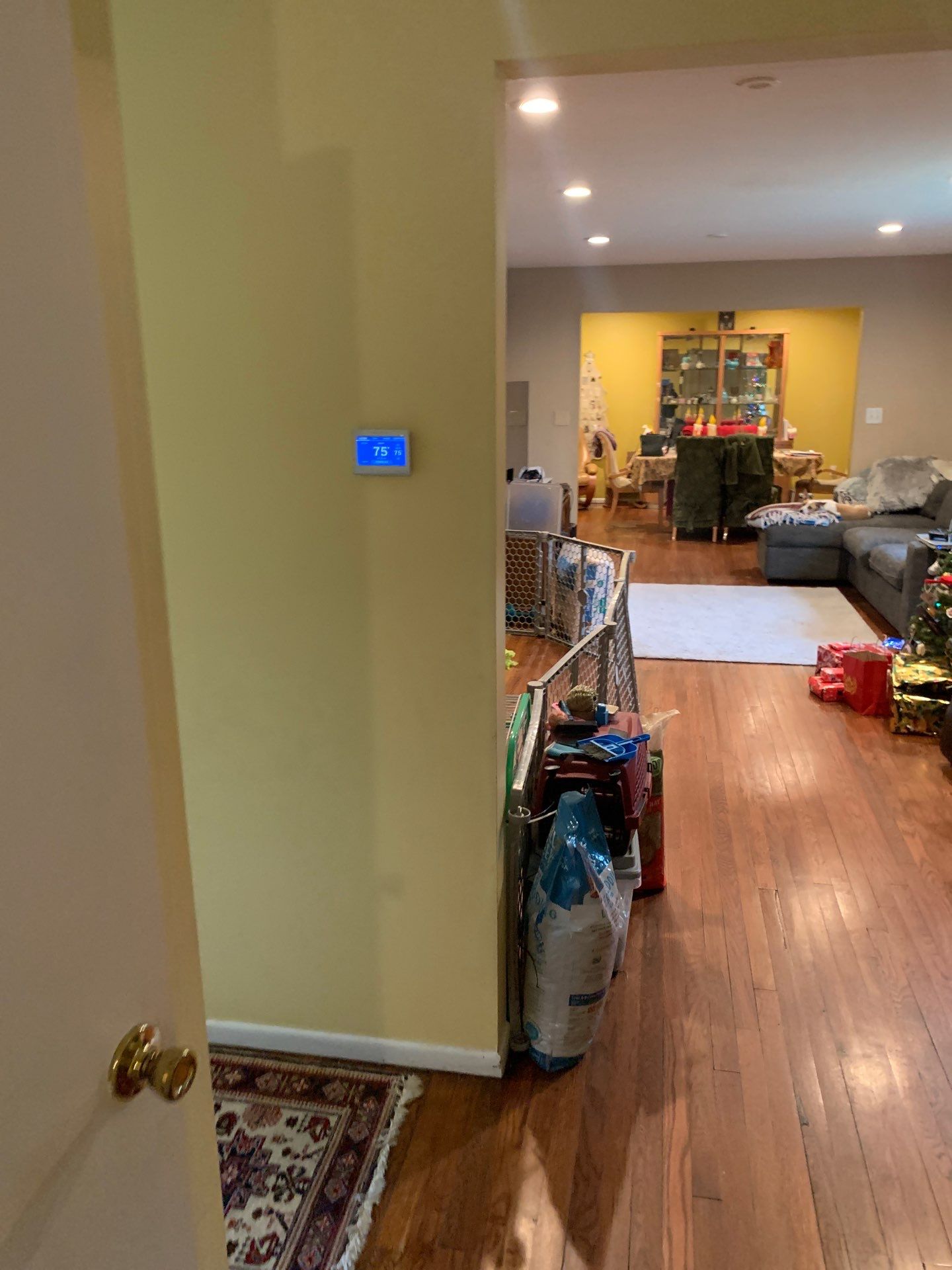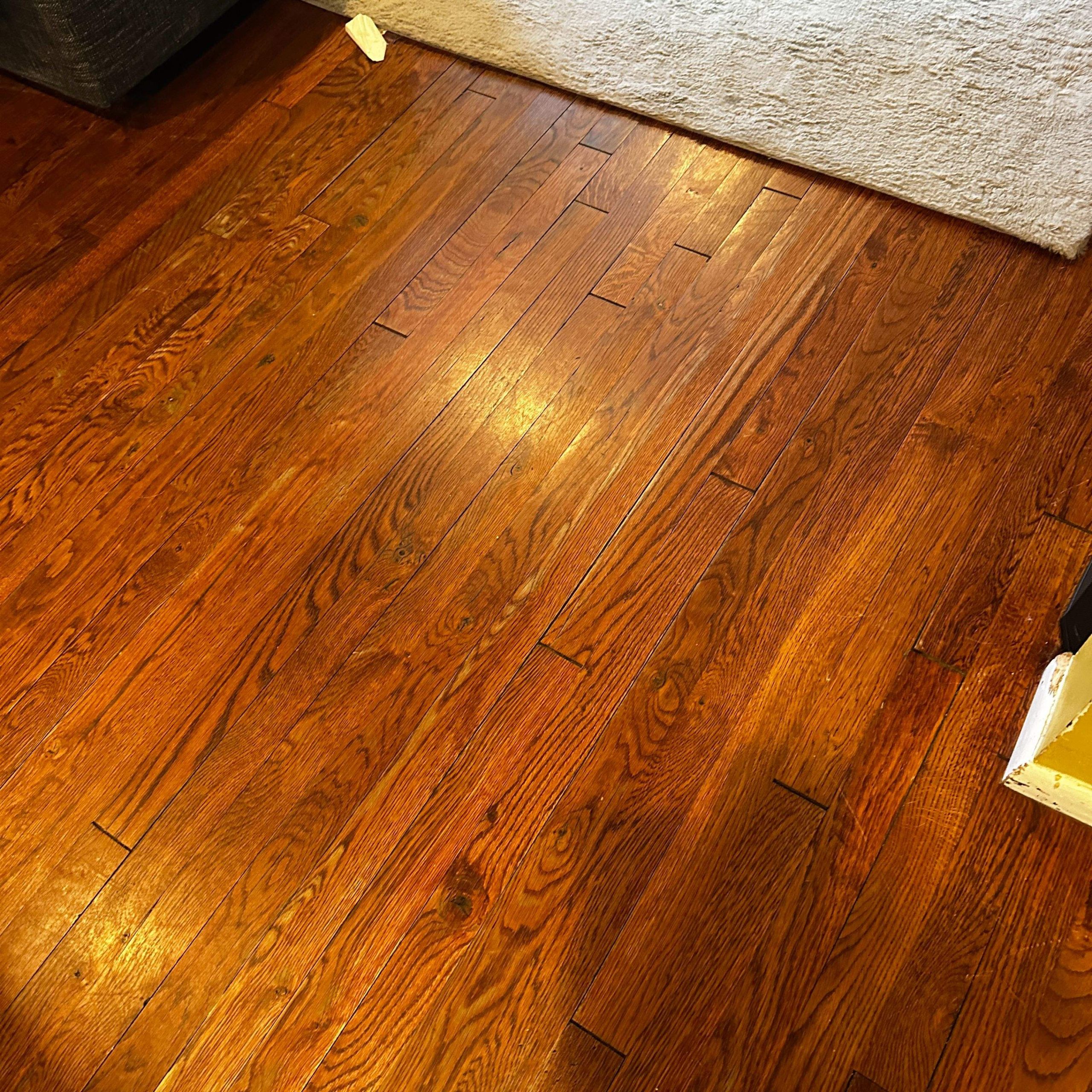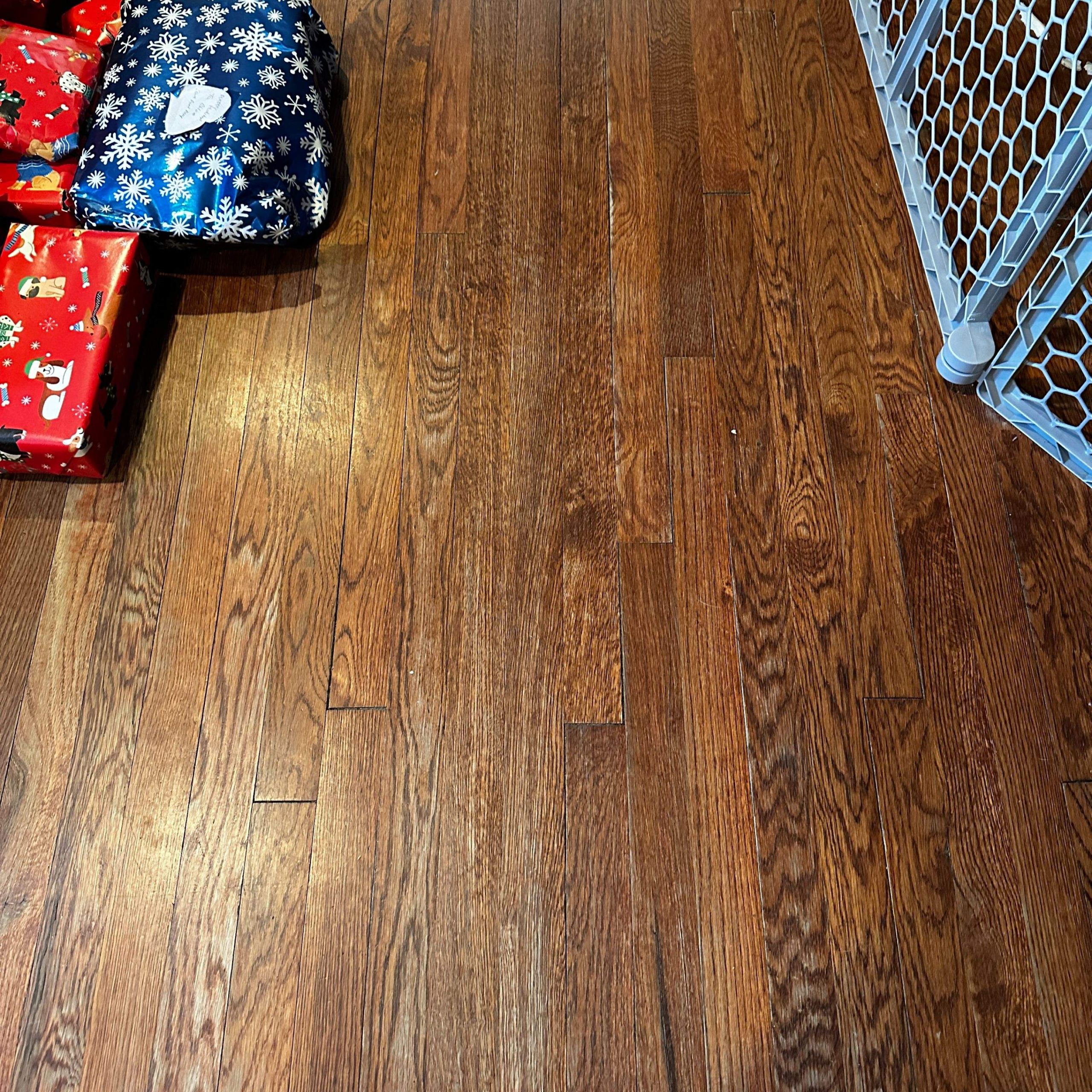Understanding Mold Removal in Lower Dublin Township
When you suspect mold in your Lower Dublin Township home or office, the urgency to address it isn’t just about aesthetics—it’s about your health. At Nash Everett, we’re committed to identifying, eliminating, and preventing mold to safeguard your indoor air quality. Here’s how we address these silent but harmful invaders.
What Makes You Suspect Mold?
Mold is often detected by a distinct musty odor or visible signs of mold growth, which might prompt you to worry about the air you breathe. Many homeowners notice mold in damp areas like basements, bathrooms, or anywhere moisture accumulates. If you’ve recently experienced water damage, it’s also prudent to check for mold, as these conditions provide a perfect breeding ground for mold spores.
Health Risks Associated with Mold
Living with mold can have significant health impacts. Individuals exposed to mold can experience a variety of symptoms, including:
-
Respiratory issues such as wheezing, asthma attacks, and difficulty breathing
-
Allergic reactions ranging from sneezing and skin rashes to severe eye irritation
-
Long-term exposure may lead to more serious health issues like immune system suppression
Understanding these risks is crucial. Our team at Nash Everett provides comprehensive testing and remediation services to ensure your environment is safe and healthy.
How Do We Test for Mold?
Our approach to mold testing and assessment is thorough and methodical. Here’s what we typically undertake:
-
Visual Inspections: To locate potential mold growth and water damage.
-
Air Sampling: To assess the spore count in the air you breathe.
-
Surface Sampling: To determine the type and concentration of mold present on surfaces.
Each testing method is crucial for a comprehensive understanding of your mold issue and tailoring the remediation process effectively.
Our Mold Remediation Process
Once mold is identified, the real work begins. Nash Everett’s mold remediation process involves:
-
Containment and Ventilation: This prevents the spread of mold spores during the cleanup process.
-
Removal and Cleaning: Infected materials are removed, and non-porous surfaces are cleaned with specialized solutions.
-
Drying: It’s essential to thoroughly dry the affected areas to prevent the mold from returning.
-
Restoration: Replacing or repairing damaged materials to their pre-mold condition.
Preventing Future Mold Growth
Prevention is key to ensuring that mold doesn’t become a recurring problem. We offer guidance on reducing humidity levels, improving ventilation, and identifying potential leaks early.
At Nash Everett, we understand the challenges that come with mold removal and are here to support you with tailored solutions. We respect your time, protect your property, and ensure every job is done right, keeping you and your space safe.
For expert mold remediation in Lower Dublin Township, reach out to Nash Everett at +1 732-508-9197. We’re here to listen to your story and provide the solutions you need.


